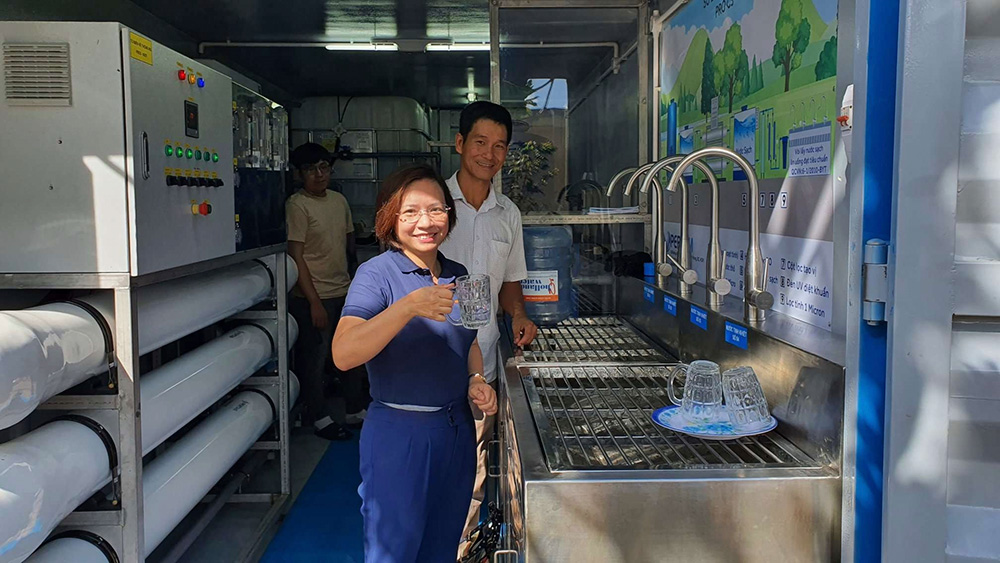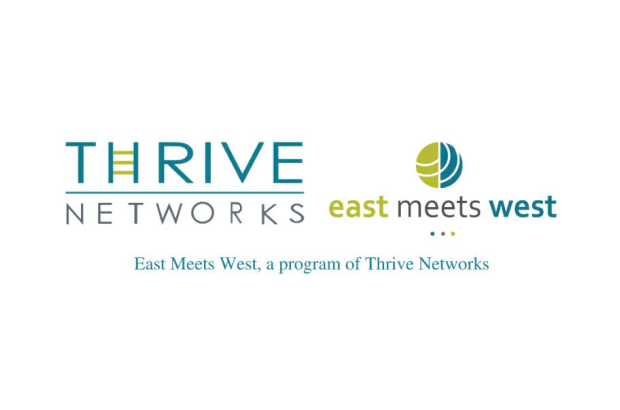Evidence-Based Research
517

Strategically collected and analyzed data is at the heart of our efforts to improve our programs. By regularly collecting and analyzing data about where, when, and with whom we work, we gain the most targeted guidance in refining and innovating our programs to increase communities’ access to clean water, sanitation, and hygiene (WASH). Our research methods can be broken down into four main steps:
1. Rigorous Data Collection Our sustainable solutions are driven by extensive field research and on-ground data, which we collect in collaboration with local communities and national government. Thousands of women volunteers visit families regularly to get feedback on water quality and service, while technicians supervise field sites daily and evaluate water systems monthly. Provincial partners then convene quarterly to discuss WASH access levels, while district authorities survey private water companies’ performance through regular water quality testing and business plan reviews. Since our women-led WASH program (WOBA) provides incentives for results, these activities are essential in verifying outputs and keeping stakeholders accountable in maintaining international WASH standards.
2. Analysis A robust monitoring system tracks our solutions’ impact and helps us identify opportunities for improvement. Volunteers and a local monitoring team digitally document information from over 300 water systems and over 300,000 sanitation facilities in Cambodia, Laos, and Vietnam. We rapidly synthesize data, verify latrines or water connections, and detect issues that need to be addressed right away. We supplement these quantitative findings by gathering our women change agents every six months to compare their performance and pinpoint best practices that others can adapt.
3. Refine Comprehensive research informs adjustments throughout our project cycles and improves service delivery. Our data helps government partners and private water businesses manage the water systems, reducing cost per connection so more households can afford clean water. In addition, women change agents are empowered to provide technical support to communities showing low results. By rapidly responding to challenges and constantly refining our program, we are able to keep 90-100% of water systems constructed under output-based aid operational, compared to national figures of 55-70% under other schemes.
4. Innovation Collected evidence direct program innovation, help shape national policy on water, sanitation and hygiene, and allow us to expand our reach. Upon recognizing the vital role women play in improving health in the community, we launched the Women-led Output-Based Aid approach (WOBA) in 2018, with its success influencing our other strategies to date. We also share data through our Regional Knowledge Hub. This helps national governments improve WASH policies in communities and schools, with Vietnam adopting the output-based aid approach, and Cambodia accepting the strategy as part of its rural WASH program. Utilizing and sharing our evidence-based approaches advances Thrive methodology, inspires adoption, and scales up the use of our model by more organizations and communities.
Our Impact: Our experience proves that cross-country learning is essential to influencing government policy and to successfully implementing our WOBA approach. High-level officials from Vietnam and Laos sharing their experiences in public-private partnerships led to government acceptance of our water programs in Cambodia. By identifying best practices through our monitoring system, experts from the Vietnam Women’s Union were able to help build the capacity of Women’s Union members in Laos to spur higher demand for WASH services and create a culture of good hygiene in their communities.

